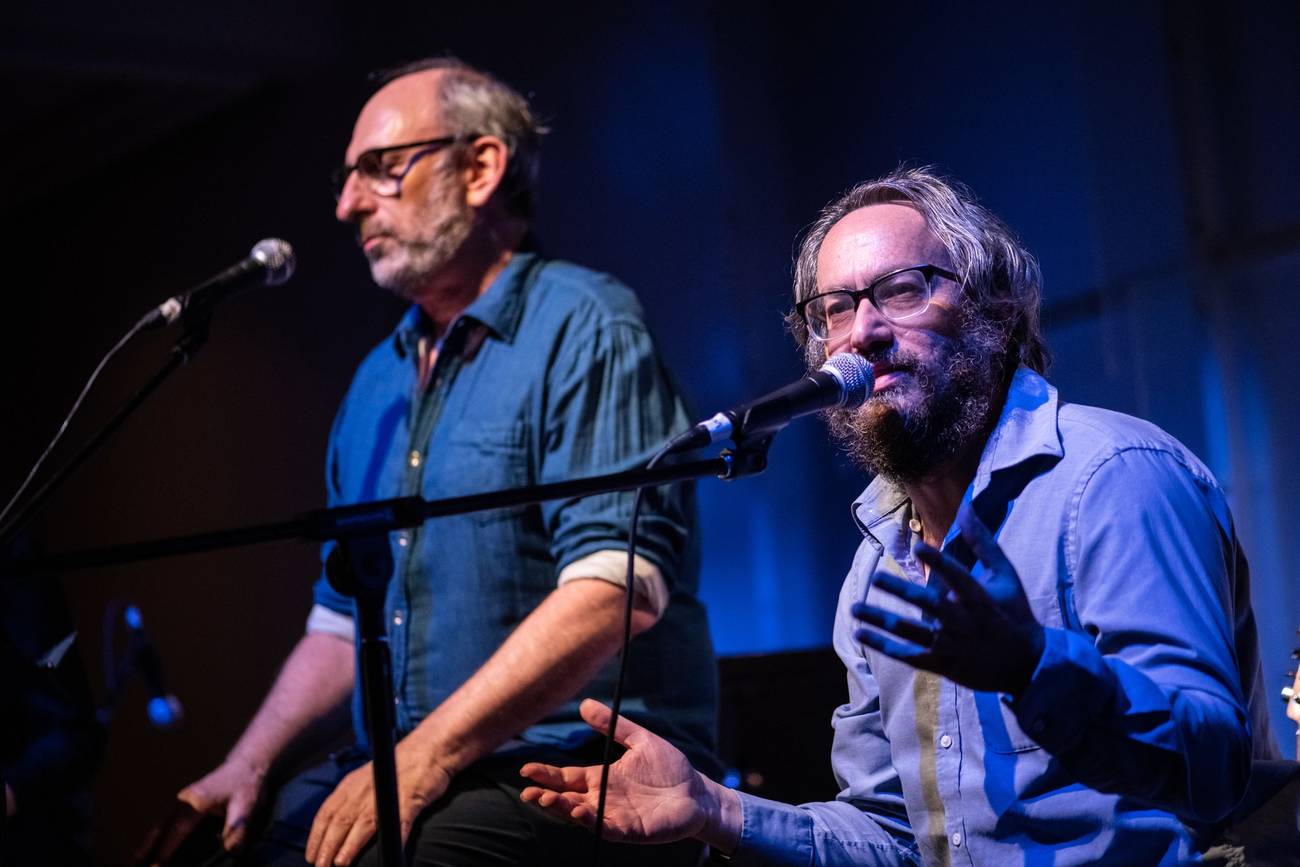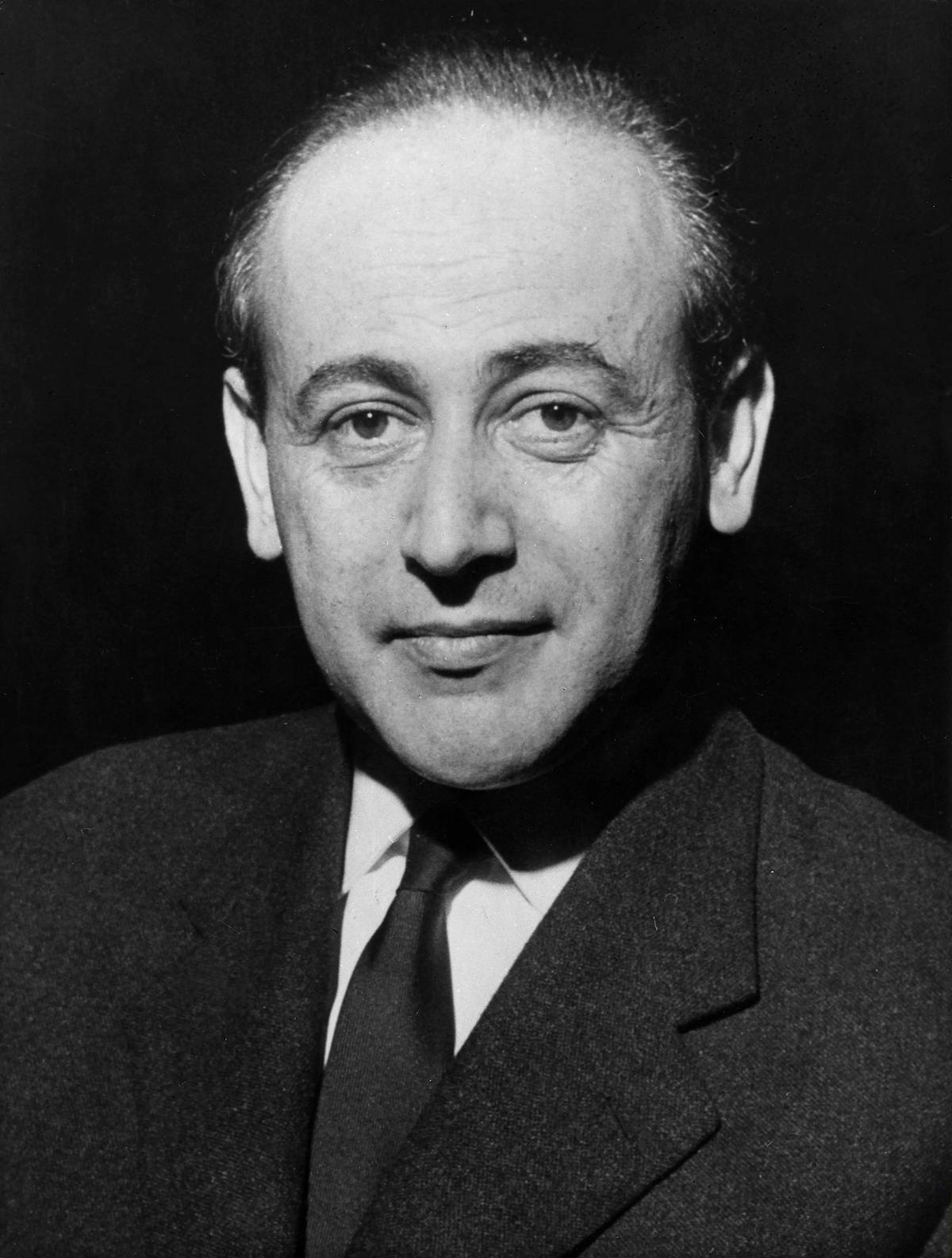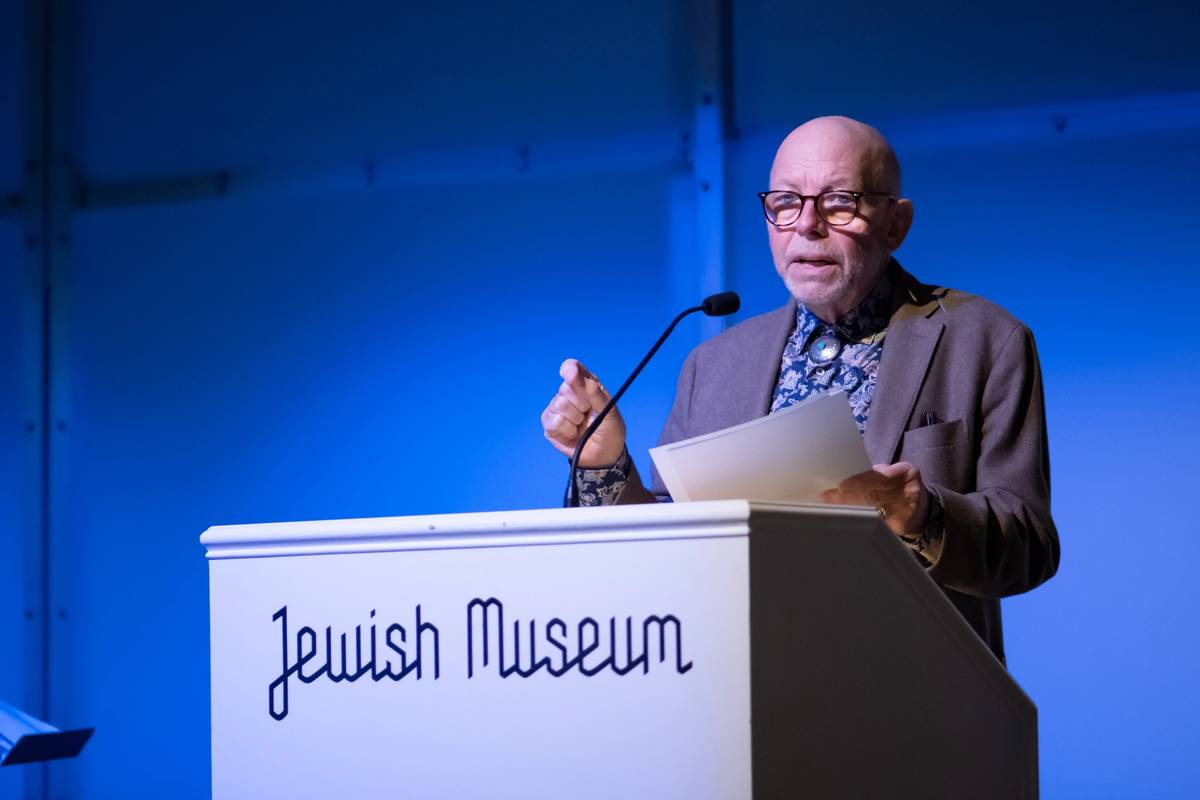The Cold Centenary Comforts of Paul Celan
The Holocaust poet refused easy meaning in his work and committed suicide at 49. Now Pierre Joris and Daniel Kaufman set his poetry to music that surprisingly doesn’t suck.



Paul Celan’s life and work are a convergence of what many readers and most human beings would rather just avoid. There is an almost mystical opacity to the themes and language of his famously difficult later poetry, according to people who can actually read it in the original German. Celan himself was born in a Romanian-ruled city in present-day Ukraine to German-speaking parents whom the Nazis murdered. The poet, who fled east before deportations began, survived a German forced labor camp. “Death Fugue,” his celebrated 1945 poem, is based on horrors he witnessed himself. Happy is the man who was not Paul Celan.
After the war Celan, literate in over a half-dozen languages, including Hebrew, wandered the physical and civilizational ruins of Bucharest and Vienna before finally settling in Paris, where he committed suicide in 1970, at the age of 49. Despite and also because of his insistence on writing in German, Celan refuted the comforting fiction that there could be some clean or easy reconciliation with the unfathomable recent past, or with the human phenomena that had caused it.

In 2020, the translator, literary critic, and poet Pierre Joris and the composer Daniel Kaufman grappled with the question of how to commemorate the centenary of a writer who endures as a monument to every kind of difficulty. Their answer, as shown in a pandemic-delayed concert and reading at New York’s Jewish Museum on May 1, was to sugarcoat absolutely nothing, while emphasizing that the tragedies and dark paradoxes in Celan’s work shouldn’t be mistaken for empty pessimism. Finding the light and even the hope inside Celan without dulling the disquiet or otherwise cheapening or mangling his work, all within the limited space of a two-hour event aimed at a nonexpert English-speaking audience, is nearly an impossible challenge. But as Joris and Kaufman recognize, music can fill in the aesthetic and emotional blank spaces, guiding listeners toward the places Celan meant to take them.
The event opened with a short lecture from Joris, a leading translator of Celan into English. Joris characterized Celan’s work as “a map where the unexplored sections outweigh the parts that have been sketched in,” noting that his poetry is often treated as a “hypercomplex landscape,” or an “impregnable fortress.” Yet Celan is interested in themes that are almost the exact opposite of obscure. The Holocaust and the problem of evil were hardly abstractions for him, and he did not want to make them easier for anyone to comprehend, refusing to lighten the true nature and meaning of his own concrete experiences. His work is “caught in this love-strife dynamic,” said Joris, an unstable unity communicated through the poet’s highly innovative German, a language which, in Celan’s hands, “bind[s] together the murdered and the murderer.”
It was up to Kaufman and the six other musicians of his acclaimed Barbez ensemble to show what the poet’s world consists of. Kaufman and his band performed a 55-minute song cycle called “Force of Light,” a series of musical settings for Celan’s poetry written and recorded in 2007. The work began with a reading of “There Was Earth Inside Them,” a terrifying vision of a mindless human race destroying itself to appease some higher power:
“They dug and dug, thus did
their day go, their night. And they did not praise God,
who, so they heard, wanted all this,
who, so they heard, knew all this.”
The music became a slow-building jazz dirge, the melody coming from the frigid howl of a theremin, low vibraphones creating a thin yet necessary layer of aural softness. “My mother’s hair was never white,” the audience heard between dread harmonies of violin and clarinet. “My yellow-haired mother did not come home … Open door, who lifted you off your hinges? My gentle mother cannot return.”
Celan harbored a lifetime of guilt over failing to convince his parents to flee the Nazis. While some writers uphold the creative act as inherently redemptive, with art itself the proof that personal and national wounds can heal, Celan’s comforts are much colder and more opaque than what we’re used to. “Set your flag at half-mast, memory,” we heard as Kaufman played a skeletal gypsy jazz phrase on an acoustic guitar. “Set it today and forever.” The music felt like an expression of wounded, unshakable memory, but Kaufman’s playing didn’t come across as bleak, or even as sad. “I, on my way to myself, up here,” read the final lines of a 1959 Celan composition, which in Kaufman’s work was accompanied by the deep whoosh of the theremin guiding the melody beneath uncanny squalls of drum, guitar, and bass clarinet.

True to the spirit of his inspiration, who withheld nothing, Kaufman doesn’t avoid the reality that Celan’s journey to himself ended in suicide—the cycle closes with the words, “The death you still owe me, I carry it out.” The circumstances of Celan’s death are neither a breezily minimized footnote to his poetry, nor the sole key to unlocking what his life and his art might really have meant. As Jaris explained in his opening talk, Celan’s work was a “counterattack” against a world and a civilization that sought to exterminate him. But it was also something much more than a celebration of mere survival. His poetry glanced toward deeper, perhaps even transcendent possibilities that lingered beyond the far fringes of tragedy. Joris quoted Celan’s reflection on whether writing could ever be “a form of prayer.” Perhaps, the poet allowed. But: “This does not mean writing comes first. One cannot write with hands folded.”
Armin Rosen is a staff writer for Tablet Magazine.